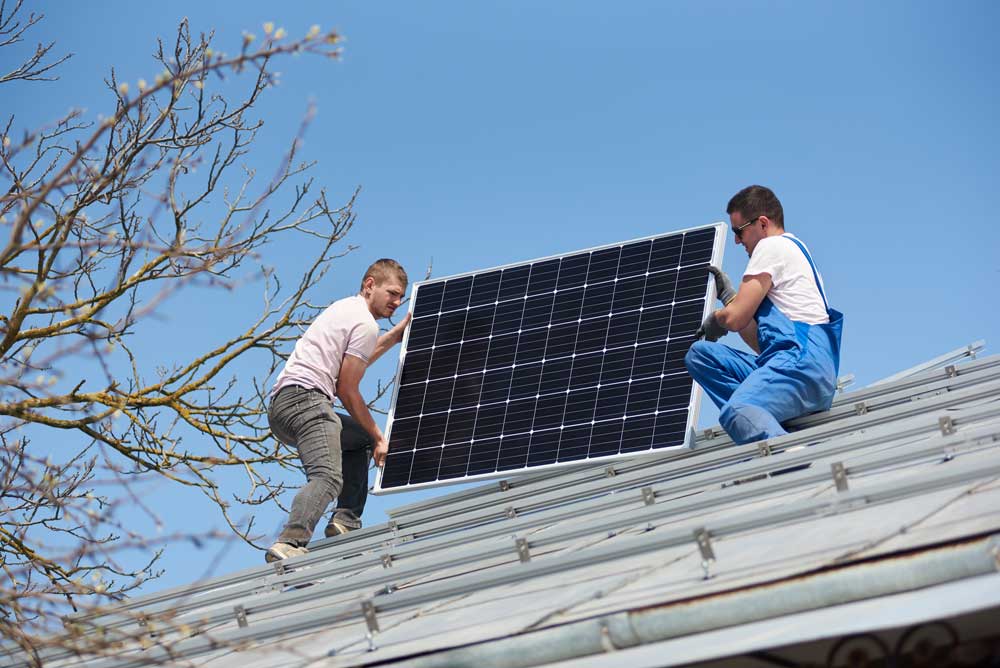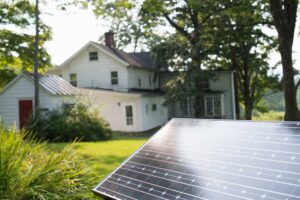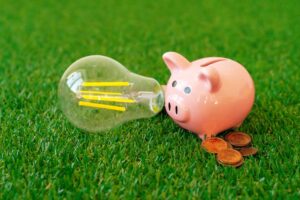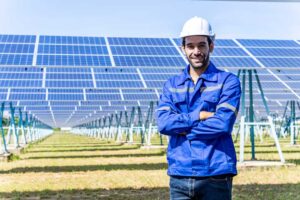Solar panels are a great way to generate clean, renewable energy for your home or business. But how efficient are solar panels? And what factors affect their efficiency?
In this article, we will discuss solar panel efficiency in detail. We will cover what solar panel efficiency is, how it is measured, and the factors that affect it. We will also discuss the different types of solar panels and their efficiency ratings.
What is Solar Panel Efficiency?
Solar panel efficiency is a measure of how much sunlight is converted into electricity by a solar panel. It is expressed as a percentage, and the higher the efficiency, the more electricity the solar panel will generate.
The efficiency of a solar panel is determined by a number of factors, including the type of solar cell used, the manufacturing process, and the environment in which the solar panel is installed.
How is Solar Panel Efficiency Measured?
Solar panel efficiency is measured in terms of the amount of sunlight that is converted into electricity. The standard unit of measurement for solar panel efficiency is watts per square meter (W/m2).
To calculate the efficiency of a solar panel, the amount of electricity generated by the panel is divided by the amount of sunlight that hits the panel. The result is expressed as a percentage.
For example, a solar panel with an efficiency of 15% will generate 15 watts of electricity for every square meter of sunlight that hits the panel.
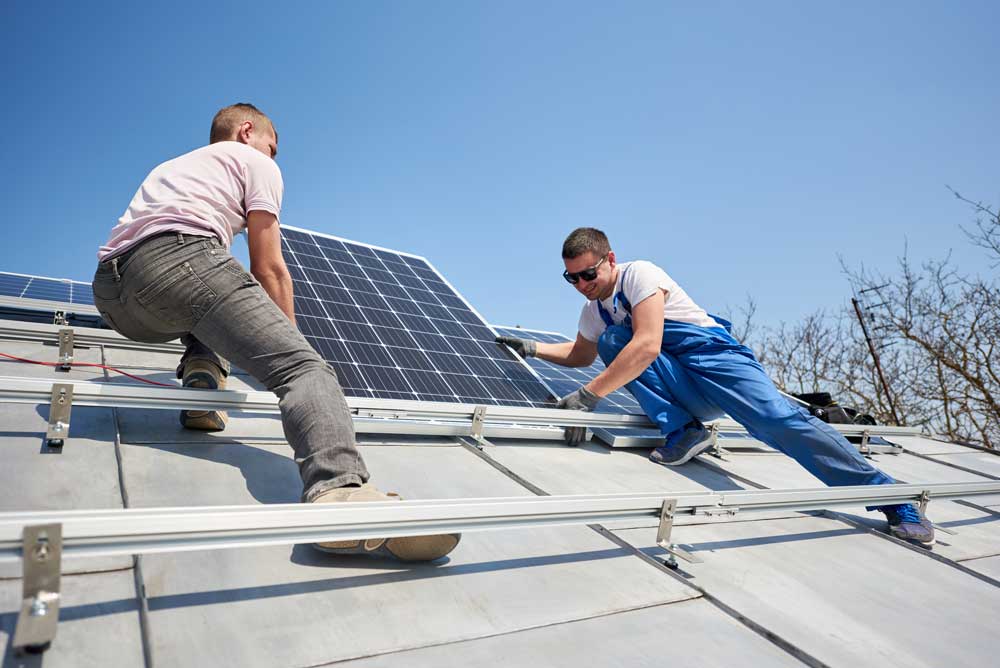
Factors Affecting Solar Panel Efficiency
The efficiency of a solar panel is affected by a number of factors, including:
The type of solar cell: The type of solar cell used in a solar panel has a significant impact on its efficiency. Monocrystalline solar cells are the most efficient type of solar cell, while polycrystalline solar cells are less efficient.
The manufacturing process: The manufacturing process used to create a solar panel can also affect its efficiency. A well-made solar panel will be more efficient than a poorly made solar panel.
The environment: The environment in which a solar panel is installed can also affect its efficiency. Solar panels that are installed in sunny, dry climates will be more efficient than solar panels that are installed in cloudy, humid climates.
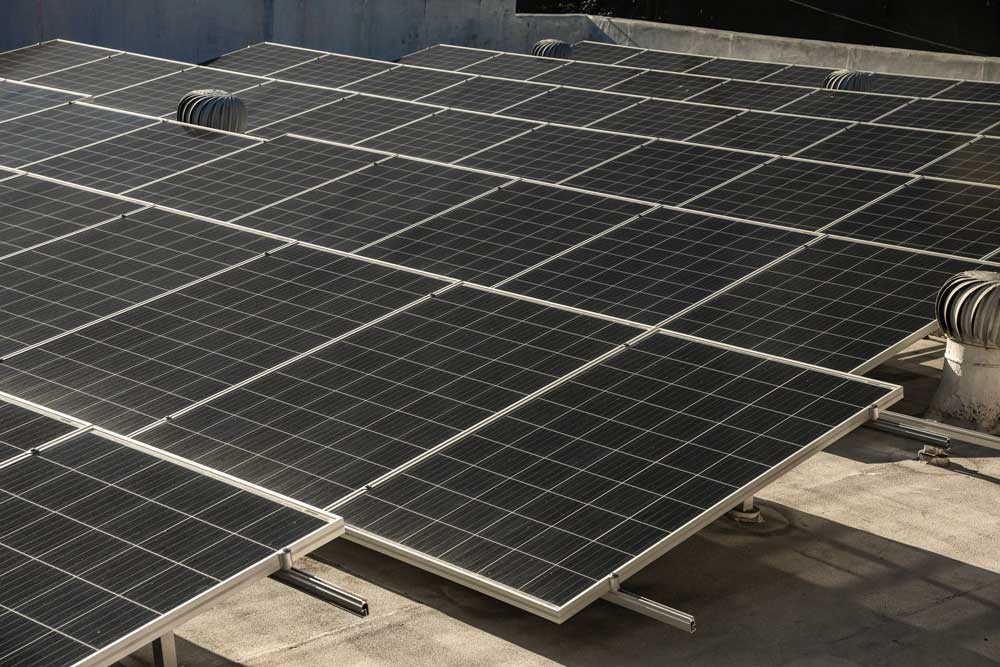
Types of Solar Panels and Their Efficiency Ratings
There are two main types of solar cells: monocrystalline and polycrystalline.
Monocrystalline solar cells are made from a single crystal of silicon, while polycrystalline solar cells are made from multiple crystals of silicon.
Monocrystalline solar cells are more efficient than polycrystalline solar cells, but they are also more expensive. Polycrystalline solar cells are less efficient than monocrystalline solar cells, but they are also less expensive.
The efficiency of a solar panel is typically measured under standard test conditions (STC). STC are defined as follows:
- Irradiance: 1,000 watts per square meter (W/m2)
- Temperature: 25 degrees Celsius (77 degrees Fahrenheit)
- Air Mass: 1.5
The efficiency of a solar panel can vary under different conditions. For example, the efficiency of a solar panel will be lower in cloudy conditions than in sunny conditions.
The Benefits of High-Efficiency Solar Panels
There are a number of benefits to using high-efficiency solar panels. These include:
Reduced energy bills: High-efficiency solar panels can generate more electricity than low-efficiency solar panels, which can lead to lower energy bills.
Increased property value: Homes with high-efficiency solar panels can sell for more money than homes with low-efficiency solar panels.
Faster payback period: The payback period for solar panels is the amount of time it takes to save enough money on energy bills to pay for the cost of the solar panels. High-efficiency solar panels can have a shorter payback period than low-efficiency solar panels.
The Future of Solar Panel Efficiency
The future of solar panel efficiency is bright. As technology continues to improve, solar panels are expected to become even more efficient. This will make solar energy an even more attractive option for homeowners and businesses.
There are a number of factors that are driving the future of solar panel efficiency. These include:
The development of new solar cell materials: Researchers are working on developing new solar cell materials that are more efficient than silicon. These materials include perovskites, organic solar cells, and quantum dots.
The improvement of manufacturing processes: Solar panel manufacturers are constantly improving their manufacturing processes to produce more efficient solar cells. This includes using new techniques to grow silicon crystals and to deposit thin films of solar cell materials.
The development of new technologies: Researchers are working on developing new technologies that can improve the efficiency of solar panels. These technologies include concentrating solar power (CSP) and tandem solar cells.
As these technologies continue to develop, solar panel efficiency is expected to continue to improve. This will make solar energy an even more attractive option for homeowners and businesses.
Conclusion
Solar panel efficiency is an important factor to consider when choosing solar panels. High-efficiency solar panels can generate more electricity, save you money on your energy bills, and increase the value of your property.

